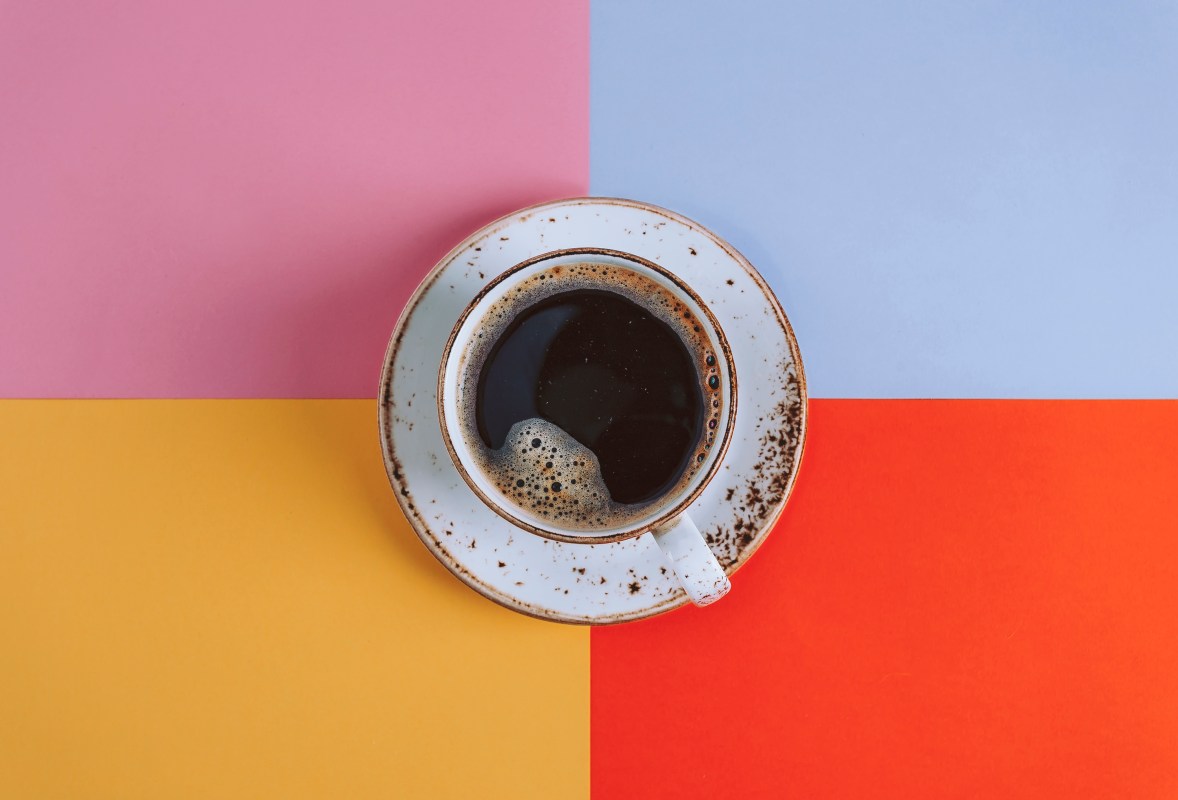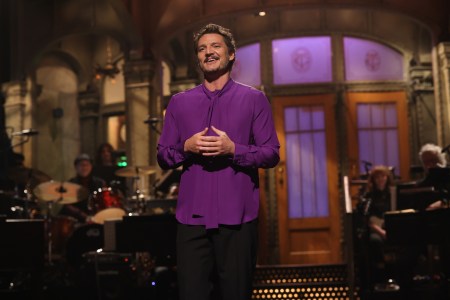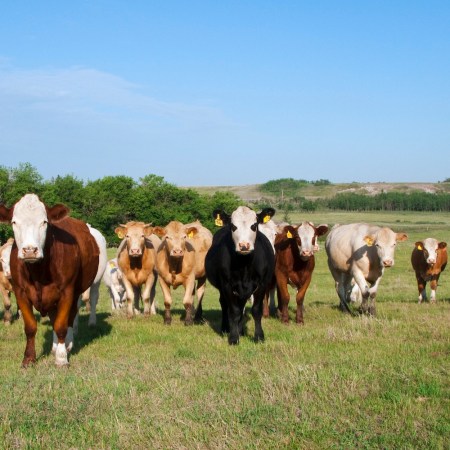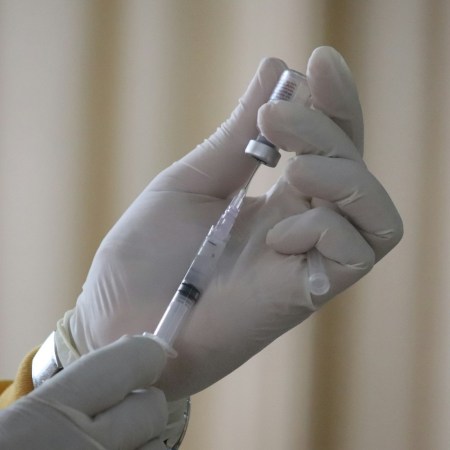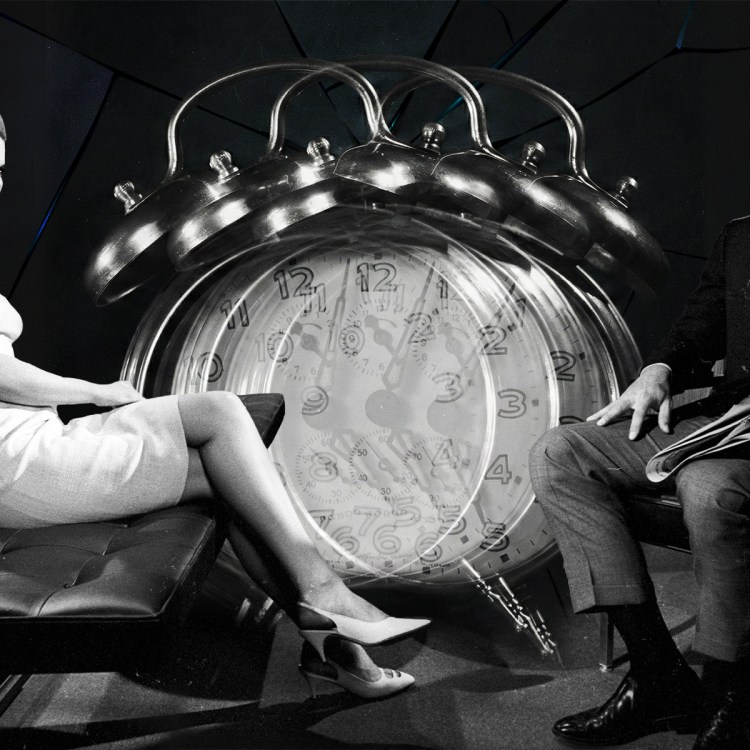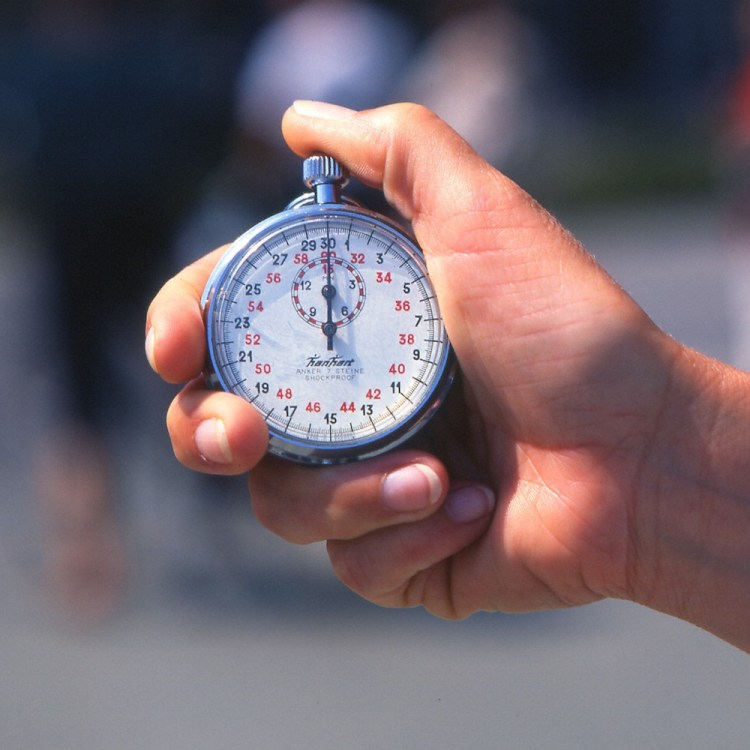There’s a certain point in any insomniac episode where you roll over, check the time, and process how much tomorrow is going to suck. Your clock turns into a countdown: Even if I were to fall asleep this very second, I’d only have four-and-half hours until my alarm goes off. You start to think about all the things you have to do in the morning, in order to at least mildly resemble a real person throughout the day, and may resolve that the only way through it will be a couple of strong cups of java…the second you wake up. But is that the best time to drink coffee?
As natural as racing thoughts are for those suffering through a poor night’s sleep, letting them in (instead of taking deep breaths, reading your book or listening to adult bedtime stories) only makes matters worse. And that AM caffeine prescription, while tempting and — if you have a big day ahead — seemingly your only option, actually isn’t the best idea, either.
Let Pedro Pascal Drink as Much Caffeine as He Wants
The 47-year-old’s got a lot on his plate. Don’t mind the six shots in his cup.That’s not to say you shouldn’t drink coffee the next day at all. Just that you should give yourself a chance to wake up first — no matter how impossible that may feel.
Why wait? Well, it all hinges around the concept of “coffee timing,” which suggests that in general (on mornings when you weren’t tossing and turning the whole night before), caffeine is best consumed at least a few hours after you’ve risen. If you wake up at 6:30 am, then, your first coffee or espresso should arrive at 9:30 am…and ideally not until 11:30 am, if you can manage.
Cortisol, our primary stress hormone, peaks in the early morning, promoting wakefulness and giving you the kick in the pants you need to get up and live your life. But it decreases throughout the day from there, until it reaches its lowest level at midnight. (Notice in this chart that for someone observing a conventional, workday-geared circadian rhythm, cortisol levels are pretty similar from 4:00 pm to midnight.)
All that to say: the early morning is usually the time you least need a caffeine boost. Even if your previous night’s sleep was lousy, you’re already spiking with hormones! The key is to ride your natural boost as long as you can, then drink your caffeine at a time that will help you coast through the humdrum hours of the afternoon, when most of us are used to a “crash.”
You need to be careful, obviously; a caffeine serving’s half-life is five hours, which means that drinking cups after lunchtime could impair your sleep (and lead to another insomniac episode). But deploying those drinks in a late morning “sweet spot,” could be a game-changer, giving you the energy you need without damaging your sleep-wake cycle.
As for how to get through the early morning after a bad night’s sleep, prioritize getting yourself in front of sunlight, trying some low-stakes exercise and eating. Intermittent fasters have given breakfast a bad name, but there’s nothing wrong with eating a bit after waking up — and certainly not if you’re jonesing for coffee.
An honest serving of carbs, protein and fat will stabilize your blood sugar levels, lower the risk of regrettable dietary decisions throughout the day, and most importantly, give you a fighting chance at getting through the morning. Later on, you can turn to your coffee…just early enough that you aren’t counting sheep come bedtime.
The Charge will help you move better, think clearer and stay in the game longer. Subscribe to our wellness newsletter today.
